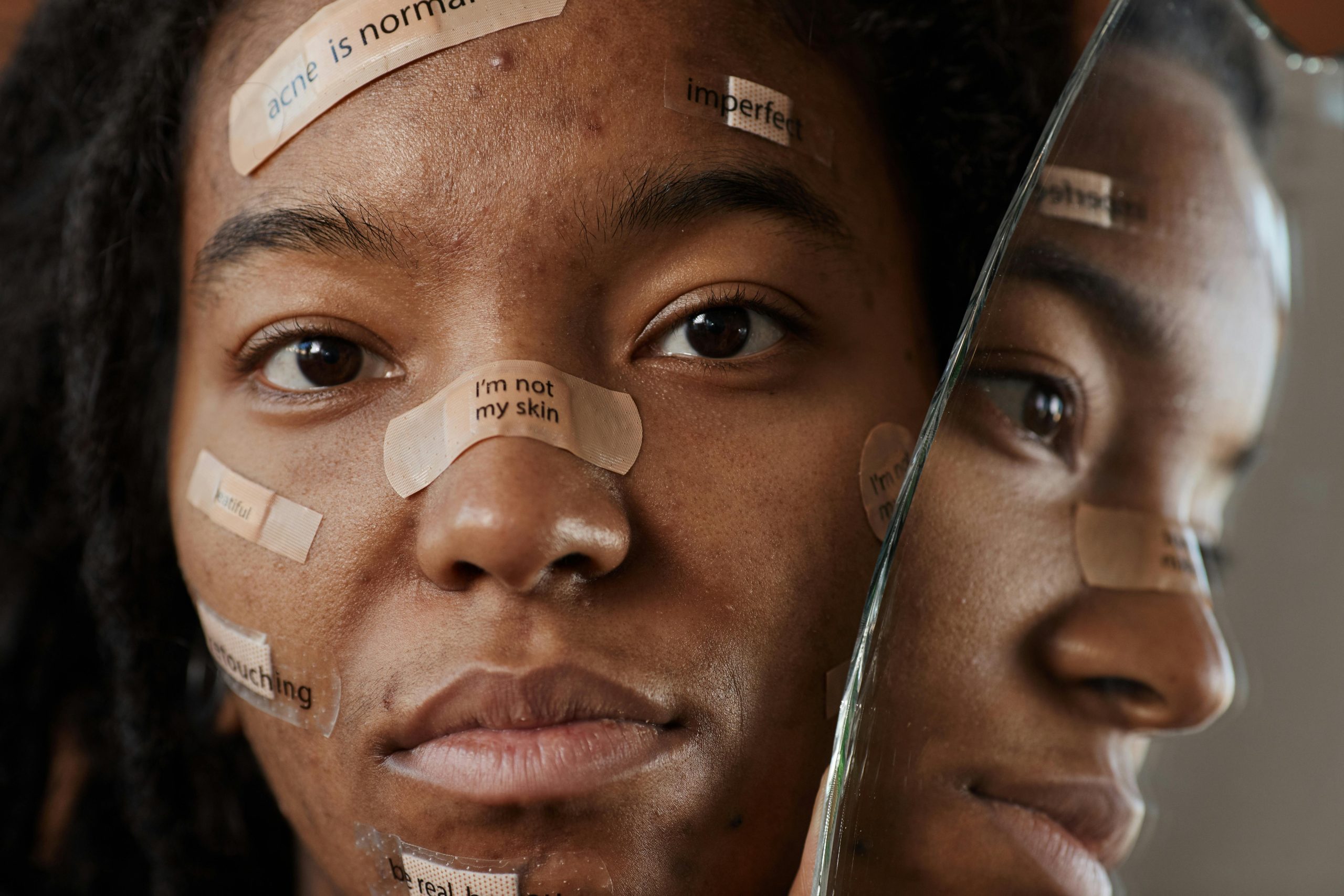Understanding Responsibility After a Driveway Vehicle Accident: Navigating Insurance and Liability
Living in Michigan and facing an unexpected vehicle mishap can be complex, especially when it occurs on private property like your driveway. Recently, I encountered a situation where two parked vehicles unexpectedly collided within our own space, raising important questions about responsibility and insurance coverage.
The incident involved my 2017 Ford Expedition, which was parked in our driveway, and a work-in-progress 1974 Ford F-100 truck driven by my partner’s 20-year-old son. The truck is properly licensed and insured under my partner’s policy. While the driver had exited the vehicle and was outside it at the time of the collision, the truck unexpectedly rolled backward from a slope and struck my Expedition’s front corner.
As a result, my vehicle sustained notable damages, including a flat tire, dented bumper, damaged headlight, and potential harm to aftermarket wheels, lift components, and possibly the suspension. The vehicle’s estimated value is around $12,000 to $14,000, and it’s fully paid off. I carry broadened collision coverage with a $1,000 deductible, yet repair costs are likely to exceed that amount.
The other vehicle, the F-100, incurred only minor scratches. Given the circumstances, I’m trying to determine the appropriate next steps regarding insurance claims and liability. Specifically:
Who is at fault?
Even though the driver exited the vehicle, the truck began to roll unintentionally, leading to the collision. Does this fault fall on the driver, or could it be considered the vehicle owner’s responsibility?
Which insurance policy applies?
Would this scenario fall under homeowner’s insurance, auto insurance, or be classified as an act of God? Typically, accidents involving parked vehicles on private property involve auto coverage, but nuances can vary.
Financial implications and long-term impact:
Considering past claims and the potential for rate increases, I’m concerned about the most cost-effective approach. My vehicle, while aging, held sentimental value, and I’d prefer to repair it to a safe, functional state rather than restoring it to “showroom” condition.
Despite the challenges, I want to recognize that my partner’s son is a good kid, and I support his ongoing vehicle projects. It’s discouraging, however, because neither of us has significant spare resources—time or money—to handle extensive repairs or to navigate complex insurance procedures at the moment.



